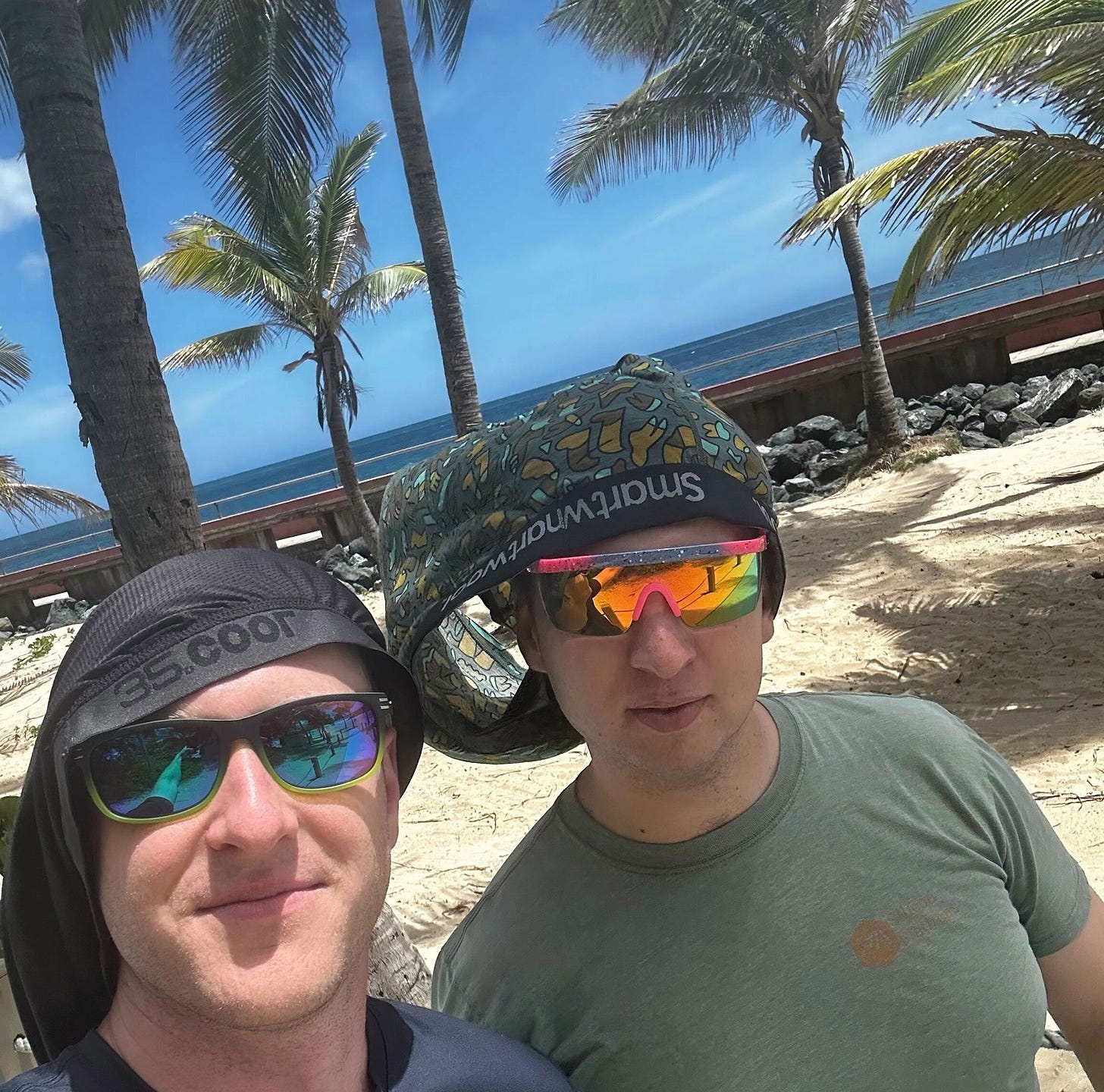How to Not Kill a Startup: Having Fun and Doing What You Love
Startups suck. Most of the time you’re grinding against something that won’t work. As an engineer, between my time and Coinbase and startups, I’d say I’ve thrown away or killed 95% of my code. It’s no longer in prod. No one is using it. This includes Coinbase code which turns over all of the time too. As a sales person you’re almost always in the wrong market, selling to the wrong customer, and just grinding anyway.
At our initial YC intro session the YC partners said: we’ll tell you a lot more of the ways startups die instead of how to make them work. Oftentimes the key to making them work is literally just, don’t die. More times than not, I think the key to not dying comes down to two things: having fun and doing what you love.
Having Fun
Startups that win have fun, and startups that have fun win. It’s a core part of the experience that even when things aren’t going well you’re having fun. You either have fun building, you have fun obsessing over the customer, or you have fun working with the people you work with. If you’re not having fun, you’re just going to give up. You have to absolutely enjoy working with your cofounders, customers, employees etc. This is the part that gets you excited to go to work every day and hammer on something that isn’t working, just to prove the world that it can. It’s also the part that allows you to laugh and just chill, even when everything isn’t quite right at your company. Things will never be perfect, but you need to enjoy the journey.
At both of my companies this has been a core value: have fun. If you’re not having fun than it’s not worth it anyway. The point really extends to any job. If you’re not having fun, move on and find something more enjoyable. Life is too short.
Doing What You Love
With Coherent, we had this moment where we were pretty sure that launching a token was the only way to really make it work in web3, the only viable business model (for something venture scale, would return investors money and more). There was a day last summer when the lawyers came back and essentially told us that it was impossible. We had about half the money we raised in the bank, and that day, my cofounder, Daniel, and I knew we had to do something drastic: a big pivot. We didn’t know what but we had to go back to the drawing board.
That night, we booked late-night tickets for an offsite. Flew on a Jet Blue flight where we were the only two passengers to Puerto Rico to go figure it out. It was our hail marry.
The next morning we got there and were sitting in the hotel business center trying to figure out what to do; what do we do about all of these engineers and employees? Investors? Community and product?
At around noon, we hopped on a call with Nicole Glaros, who was one of our advisors, and the founding MD of Techstars in Boulder (the OG techstars, when it was really good). Our first message to Nicole was “what do we do, we have all of these problems?“. Instead of trying to problem-solve with us, Nicole said, “first, you need to figure out what you love, because if you don’t love it, *then you’ll give up anyway*. Go sit on the beach, wear underwear on your head, don’t take yourself too seriously, and get in a zone where investors, employees etc don’t matter and talk about what you love working on, figure the rest out after.“
So… We did that. We wore underwear on our heads, figured out what we loved first, and then got back to company building.
I think my biggest takeway was that I really love building, and that I can kinda find a passion for any technology. In my twitter bio I put “built to build“, and I think that is super true to who I am. I just ship, and love shipping, especially when it’s for a customer I care about.
Conclusion
There are a lot of ways that startups die. But almost 100% one way it won’t die is if the cofounders show up to work every day having fun and loving it. Yes, market, investors etc can kill you, but something like this is how you keep going for a long time facing something that’s really, really hard. I think probably the most important risks for startup death are: are you doing what you love? Are you having fun doing it? It probably matters a lot more than the pedigree of the founders, their skills, who invested in them etc. Most of the startups that I know have had these really hard times, and these core values are what keep you going.



